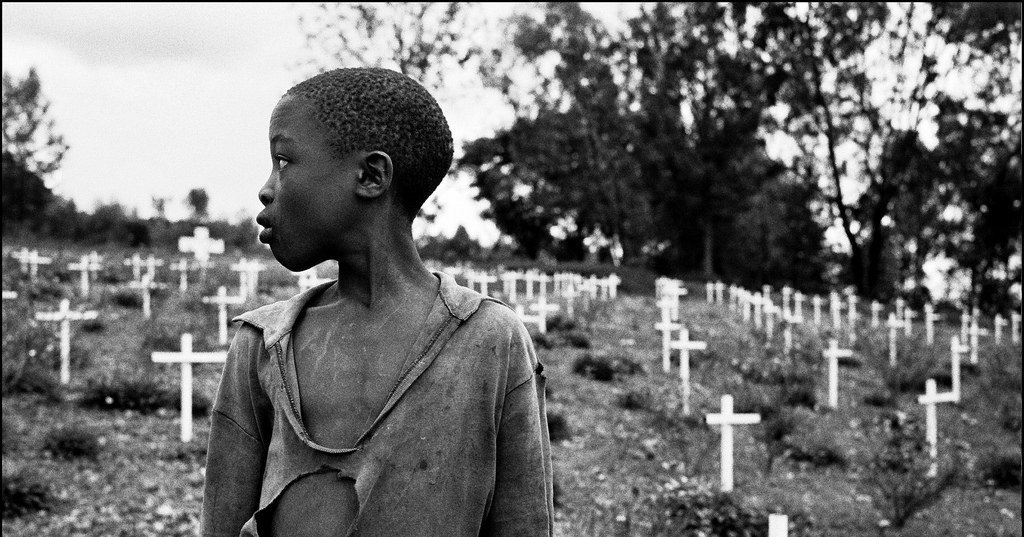A Human Rights Watch report recently released detailing the systematic use of violence, legal coercion, and intimidation by Rwandan authorities and their associates to stifle dissent among Rwandans living across the globe. The objective behind these strategies is to maintain Rwanda’s positive image, suppress potential dissidents abroad, and send a chilling message about the consequences faced by critics within the country.
Rwandan authorities and their proxies are using violence, judicial maneuvers, and intimidation to stifle criticism from Rwandans living all around the world. This systematic repression aims to maintain the Rwandan government's positive image, suppress potential dissidents abroad, and send a chilling message to critics within the country.
In its report "Join Us or Die: Rwanda's Extraterritorial Repression," Human Rights Watch meticulously documents a range of tactics that together form a global web of repression. These methods not only aim to silence dissenting voices but also create an environment of fear, discouraging potential critics. This approach includes physical violence, such as killings and enforced disappearances, extensive surveillance, manipulation of law enforcement – both domestic and international, abuse against relatives in Rwanda, and online harassment to damage reputations. These efforts isolate potential critics, instilling fear and hindering their ability to raise their voices against the Rwandan government.
“Rwandans abroad, even those living thousands of miles away from Rwanda, censor themselves, refrain from political activism, and live in fear of traveling, being attacked, or seeing their relatives in Rwanda targeted,” said Tirana Hassan, executive director at Human Rights Watch. “Rwanda’s partners should open their eyes and see Kigali’s wide-reaching effort for what it is: the consequence of three decades of impunity for the ruling Rwandan Patriotic Front.”
Human Rights Watch conducted interviews with over 150 individuals, shedding light on the tactics employed by Rwandan authorities against Rwandans living in Australia, Belgium, Canada, France, Kenya, Mozambique, South Africa, Tanzania, Uganda, the United Kingdom, and the United States, as well as their relatives in Rwanda. These accounts vividly illustrate the relentless attacks faced by those who oppose the government or simply refuse to support it, both within Rwanda and across the diaspora. Multiple tactics are deployed simultaneously, wearing down the targeted individuals.
Human Rights Watch uncovered over a dozen cases of killings, kidnappings, enforced disappearances, and physical attacks targeting Rwandans living abroad. The Rwandan government employed international police cooperation, including Interpol Red Notices, judicial mechanisms, and extradition requests to seek the deportation of critics or dissidents back to Rwanda. Moreover, those interviewed revealed that their relatives in Rwanda often faced arbitrary detention, torture, harassment, and movement restrictions as a means to pressure, punish, or silence their family members abroad.
Despite Rwanda's significant progress in international standing, including hosting high-profile events and contributing to peacekeeping efforts, this progress has not been matched with improvements in civil and political rights. The government has criminalized creating a “hostile international opinion” of the Rwandan government, using it to prosecute and intimidate critics and journalists within Rwanda.
Rwanda's involvement in international peacekeeping efforts has not shielded it from scrutiny. In Mozambique, where Rwandan troops were deployed in 2021 to restore peace and security, Human Rights Watch documented cases of killings, enforced disappearances, and kidnapping attempts targeting Rwandans since May 2021. Rwandan refugees in Mozambique reported threats from Rwandan embassy officials, leaving them in a perpetual state of fear.










Trackbacks and Pingbacks